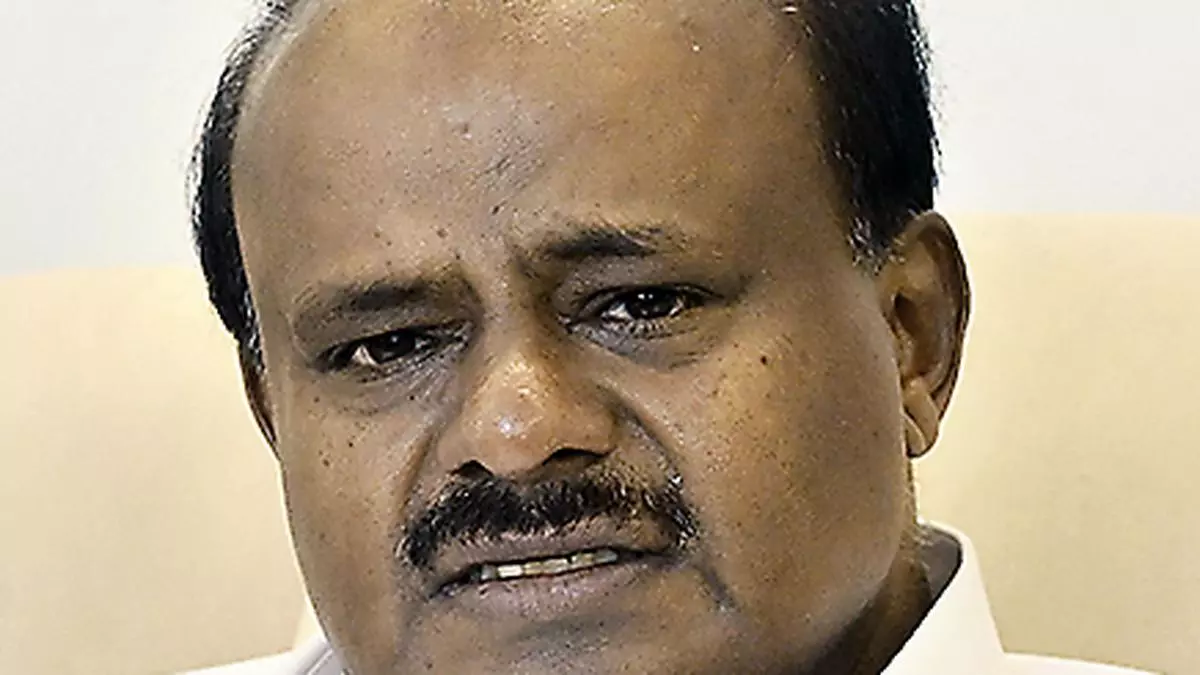![]()
Semiconductor veteran Liam Madden sat down with editor Jenny Darmody at this year’s Midas conference, where he was given an Outstanding Achievement Award.
While the evolution of AI has arguably made the chips sector more critical than ever, challenges with supply, research and talent continue to burden the industry.
Last week (5 December), an annual conference on semiconductors was hosted by Midas Ireland, an industry-led partnership consisting of multinational and indigenous companies, educational organisations, research institutions and Government agencies.
During the event, Midas general manager John Blake pointed out some of these challenges, adding that access to talent was highlighted as the biggest challenge facing the chips sector by its members.
Outside of that, geopolitical tensions continue to loom between the US and China over chips, the latest of which saw Nvidia pulled into an investigation by the Chinese antitrust authority.
However, despite all of this, there is reason for the semiconductor sector to be optimistic, especially in Ireland, according to industry veteran Liam Madden.
As part of the conference, Midas honoured Madden with an Outstanding Achievement Award, following more than 40 years in the industry.
Madden graduated from University College Dublin back in 1979 before heading to the US and working for a range of different companies. Throughout his career, he contributed to industry leading products such as high-performance and low-power microprocessors, embedded processors and consumer devices such as Xbox 360.
Prior to retirement, Madden worked as executive VP and general manager of the Wired and Wireless Group at semiconductor company Xilinx, which was acquired by chip giant AMD in 2020.
Madden has seen the industry change massively over the years and while he said it wasn’t exactly in its infancy when it started, it was certainly on a curve going upwards.
“I had a wonderful run relative to Moore’s Law. And from my perspective, it was just a wonderful opportunity, particularly to work with some great people and work with some great teams,” he told SiliconRepublic.com.
Despite the fact that Moore’s Law has “run out of steam a little bit” as Madden put it, he believes the work within the chips sector has actually gotten more interesting, partially because of work around chip stacking, which is a method of attaching chips vertically to increase efficiency and make better use of the available space.
“We actually had one of the first chip stacking products and production when I was at Xilinx. That has sort of reinvigorated the industry in a certain way,” he said. “And of course, the whole AI thing is really taking off. It put semiconductors back in the limelight … there’s just a resurgence of interest in the public and general around what’s possible.”
Ireland’s opportunity
As Madden said, the AI arms race has sparked a major surge for the chips sector as industry players make huge investments in order to create the computing power required for the ever-growing world of generative AI.
This year alone saw a 15-fold jump in profits for Samsung, a multibillion-dollar investment in AI by SK Hynix, and Nvidia crossing the $3trn mark.
But what does all this mean for Ireland? Madden said the country has a huge market play within this space as it continues to evolve, adding that it punches “well above its weight” when it comes to semiconductors.
“When I was in the US, I had teams all of the world, I had teams in India, teams in Singapore, teams here, teams in Europe. And, the one thing was that, the Irish team really does stand out. And we have no problem getting American companies and other companies as well to realise that.”
He added that the idea that companies only coming to Ireland for the tax breaks is “rubbish”.
“People come here because there’s a very well-educated EU talent base that’s available. And one of the things that I really thought was wonderful was our team in Dublin was like the United Nations. We had engineers from everywhere.”
Don’t let the chips fall
However, one additional challenge within the chips sector, which is not unique to Ireland, is the momentum behind it.
Big moves are being made to boost the chips sector around the world via mechanisms such as European Chips Act and in Ireland, a national semiconductor strategy is currently in development.
But Madden pointed out that this a case of playing catch-up following a slowdown from a government level.
“I think it’s underestimated how much government has driven the semiconductor industry, particularly in the US. A lot of it came out of investment in military equipment and the like.
“If you look at the story of Silicon Valley, it tends to talk a lot about the amazing, the wonders of Intel and all the rest. But really, a lot of the infrastructure was put in place with government money.”
He said that as time has gone on, there has been a sentiment at that government level that it was ‘job done’ when it came to the chips sector and therefore less necessary for attention.
“Because it’s so capital intensive, it’s just very difficult to keep it going. And then the other issue you have is that if you don’t have some way of renewing that, then the talent pool disappears, it’s very difficult to get back. It’s one of those things that you have to put [in] a lot of efforts to get it back and then it’s very easy to lose,” he said.
“It’s more complicated, I think, than people sometimes imagined, but it’s nice to see money coming back into the industry again. And I think if we can keep the momentum going, I think it’ll be great.”
Don’t miss out on the knowledge you need to succeed. Sign up for the Daily Brief, Silicon Republic’s digest of need-to-know sci-tech news.










Leave a Comment